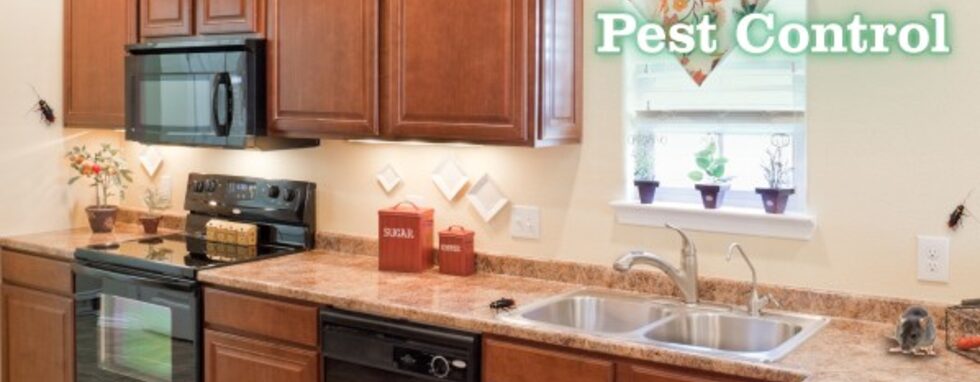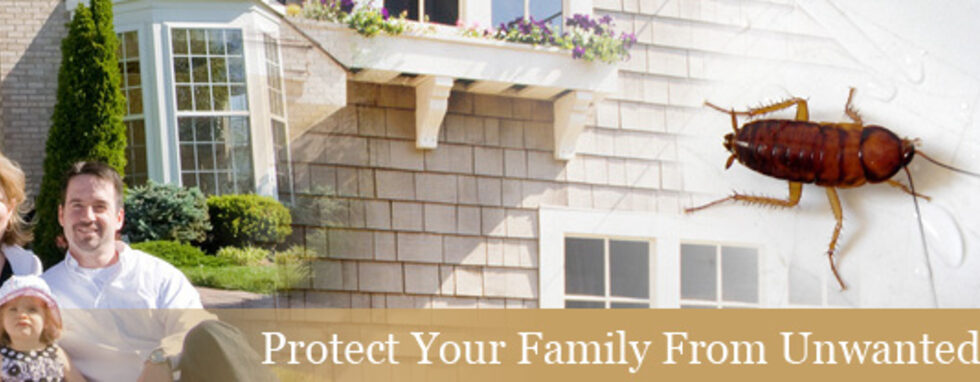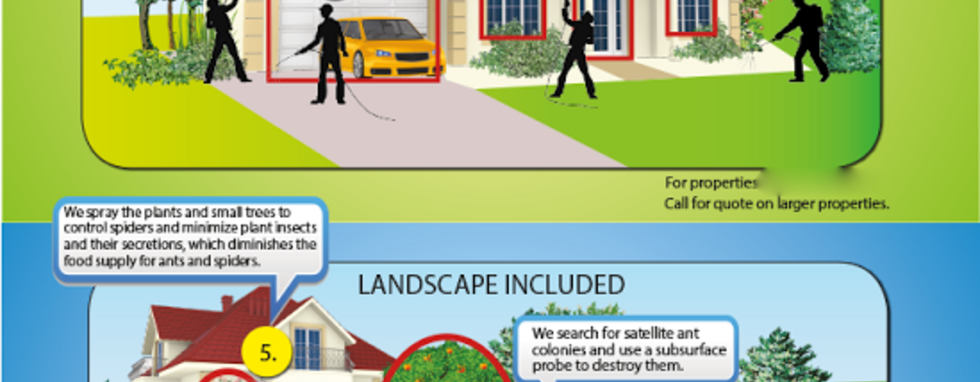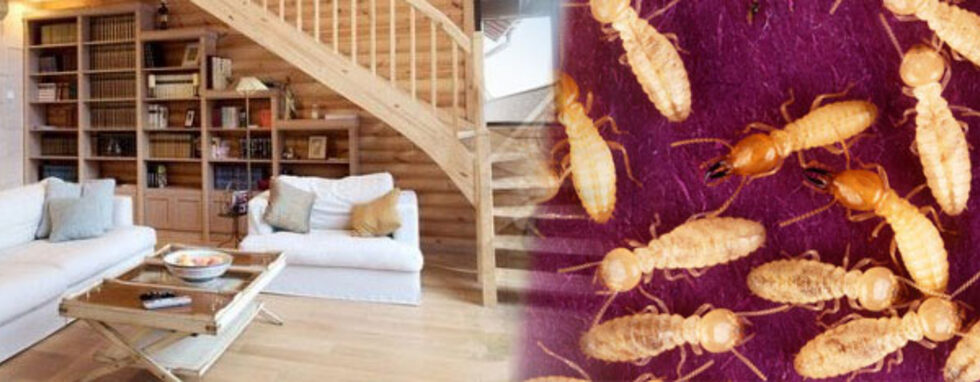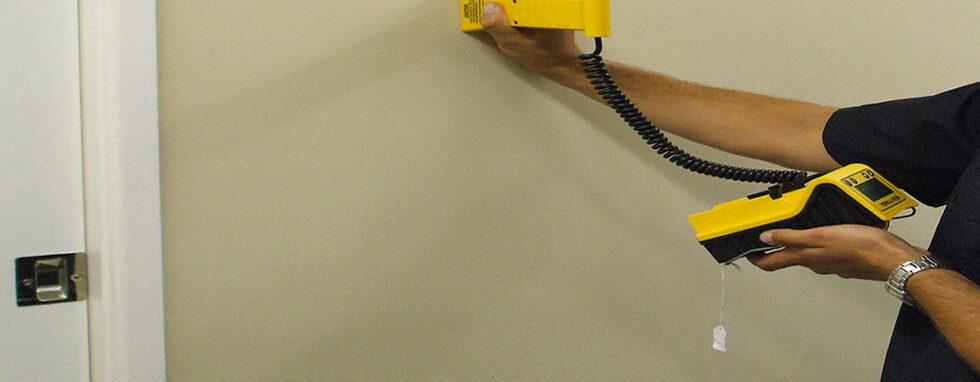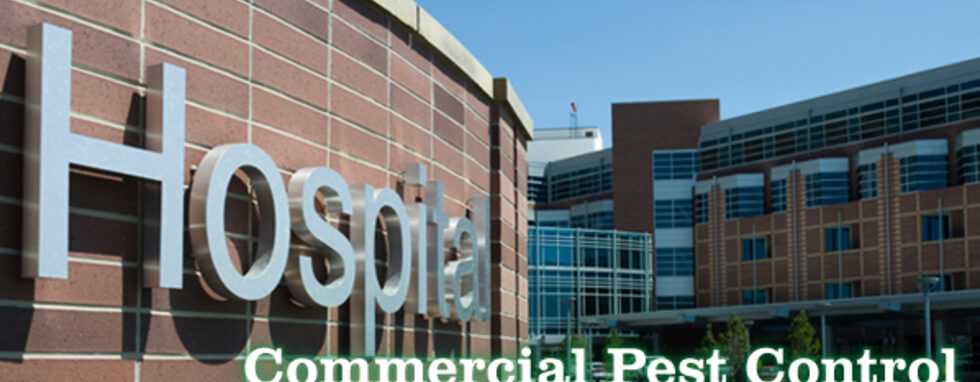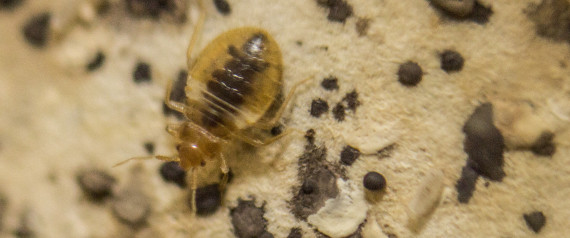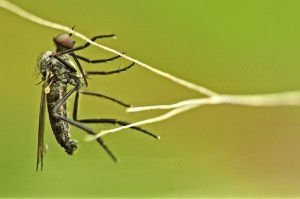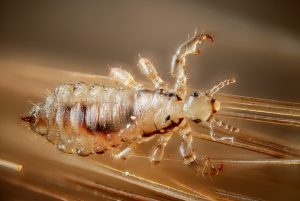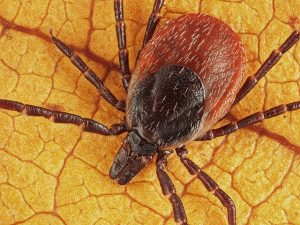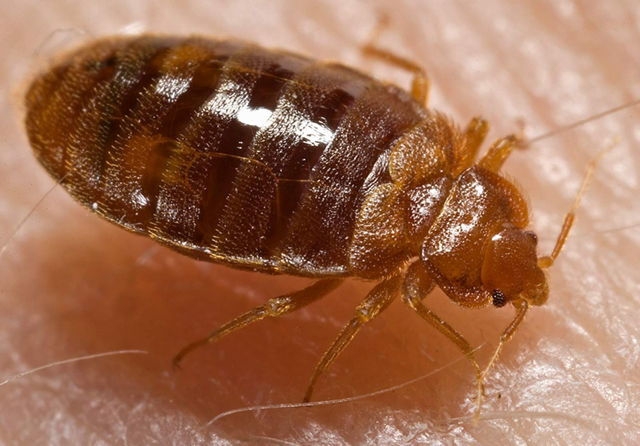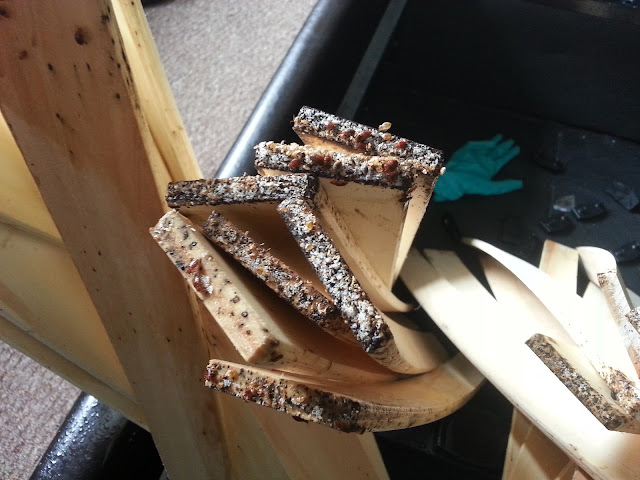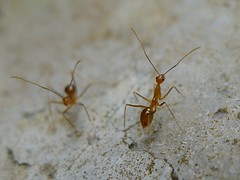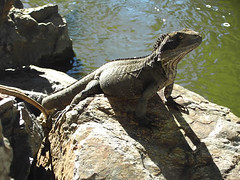What are Termite Swarmers?
Termite swarmers, or flying termites are matured male and female termites that swarm to find a mate and start a new colony. Typically a swarm of flying termites is the first sign of infestation, but sometimes it's just termites that have flown from a neighboring colony. Also, once flying termites mate and start a new colony it will take some time (years) before the new colony can cause substantial damage.
When do Swarmers Arrive?
Typically flying termites swarms appear between early April and October depending on the rainy season that year.
What to do if a Termite Swarm is on your property?
While seeing termite swarms doesn't necessarily mean that you have a termite infestation it is a reminder to have your property inspected by a pest management professional. Flying termites can't travel very far, therefore signifying that there has to be an active colony nearby.
What's the difference between a flying termite and a flying ant?
Many of the calls we have been receiving this week about termite swarmers actually have turned out to be flying ants. To tell the difference inspect the wing length and size, the body shape and the antenna shape of the pest.
- Termite have longer and equal length wings, while ants are uneven and shorter.
- Termites have a straight abdomen, while the abdomen of an ant is thin.
- Termites have straight antennae, while ants have bent antennae.
How can I protect my property from Termites?
Establishing a termite protection plan with a pest control company can help ensure that your home is protected from this wood-eating pests. Most pest management companies offer termite protection in the form of a baiting system with devices installed in the ground around the structure or yearly barrier and crawl space sprays to target potential problem areas. Also, yearly inspections of you home and crawl space are key to the prevention of termite infestations.
Here are some tips to protect your home from future termite infestation and damage:
- Remove dirt, mulch and debris from around the home, making sure it does not touch the structure.
- Store wood away from the home and off of the ground.
- Insulate the crawl space to prevent high humidity, which attracts termites.
- Fix leaks and pipes to prevent moisture on wood.
